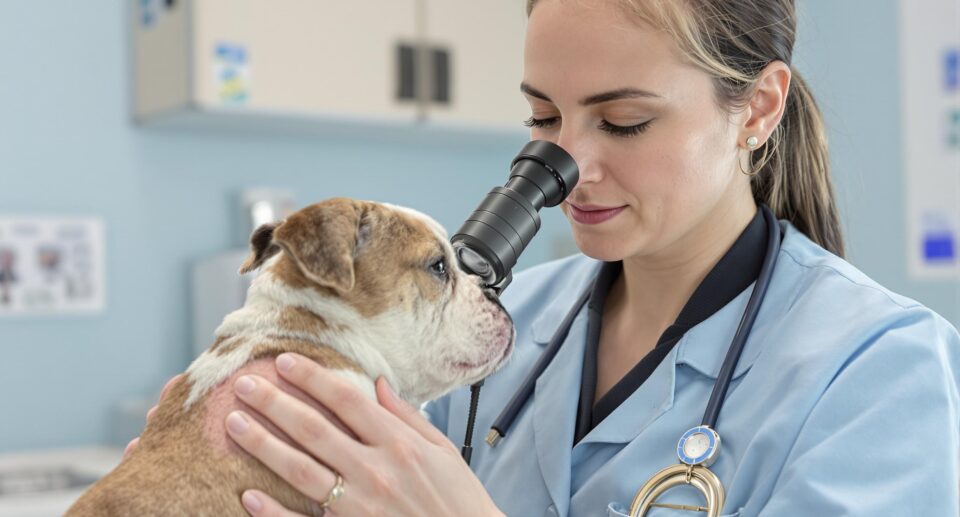Treatment for Toxicity for Dogs

Toxicity in pets requires supportive treatment
Some toxins have a specific antidote, but most do not. For example, the antidote for Tylenol (acetaminophen) toxicity is N-acetylcysteine. The antidotes for the heavy metals mercury and arsenic are dimercaprol (BAL) and D-penicillamine.
Because many toxins do not have specific antidotes, the treatment is considered “supportive.” Supportive treatments include rest, oxygen, IV fluids, medications, and supplements. These pets are given medications and supplements to support the liver because when there is no antidote, it’s up to the liver to render toxins harmless. Liver supplements include antioxidants, SAMe, choline, and milk thistle.
Supplements that help support your pet’s liver
- Antioxidants(Vitamin E, Vitamin C, green tea)
- Zinc
- Phosphatidylcholine or choline
- SAMe
- Milk thistle (silymarin)
Which pets should take liver supplements?
Veterinarians recommend liver supplements for pets:
- with known liver damage (hepatitis, high liver enzymes on blood tests)
- taking medications affecting the liver (all NSAIDs, phenobarbital), and
- with exposure to anesthetics or other known toxins (dental treatments, spay or neuter surgeries).
Feed liver to strengthen the liver
The best food to benefit the liver is liver. It can be from any healthy animal or fish (cod, cattle, sheep, chicken) that was raised without chemicals. Because the liver is the organ of detoxification, feeding pets the livers of animals raised with chemicals (growth promoters, steroids, hormones) is no blessing. Liver can be fed raw or cooked, but it should be warmed to body temperature. In addition to liver itself, liver sausage (braunswager) is good. In fact, liver sausage is an ideal treat for wrapping pills when medicating cats and dogs.
How pet foods affect the liver
Pet foods benefit the liver when they contain meats or fish raised without hormones, chemicals, and antibiotics. It’s essential to look beyond the name of the food because many companies use the words healthy and natural on their products even though the meat and fish contain residues of antibiotics, growth promoters, hormones, pesticides, and insecticides.
Use herbs to naturally detoxify your pet
Pets evolved for thousands of years by eating wild herbs, meats, and fish. It’s easy to understand why they eat meat and fish, but why herbs? Researchers have identified that many herbs help animals live longer and healthier lives. Some specifically support processes of pet detoxification by strengthening the liver and kidneys and purifying the blood. Here are examples:
- Burdock, dandelion, garlic, and milk thistle strengthen the liver.
- Astragalus and goldenseal strengthen the immune system.
- Rehmannia strengthens the kidney.
- Dandelion and Oregon grape stimulate bile, improving digestion and elimination.
- Ginkgo and hawthorn strengthen the heart and circulation.
- Red clover improves the blood and its ability to transports toxins.
- Cleavers help clear edema and move wastes.
- Yellow dock root helps eliminate metal and chemical toxins.
- Marshmallow helps material slide through the intestines for more rapid elimination.
Many veterinarians recommend herbs for pets so they receive the natural benefit of plants. For example, veterinarians recommend supplements containing milk thistle, which may be the single most important herb for strengthening the liver.
Flushing toxins
Cells are in constant flux. Many materials, including some toxins, travel in and out of cells according to the level of cell activity. Cell activity is high when pets exercise or receive a massage. It’s also high when they have a fever. Thus, there are higher levels of toxins circulating in pets with fevers and following exercise or massage. Encouraging your pet to drink water helps flush circulating toxins out into the kidneys or through the intestines. Filtered water is best.





